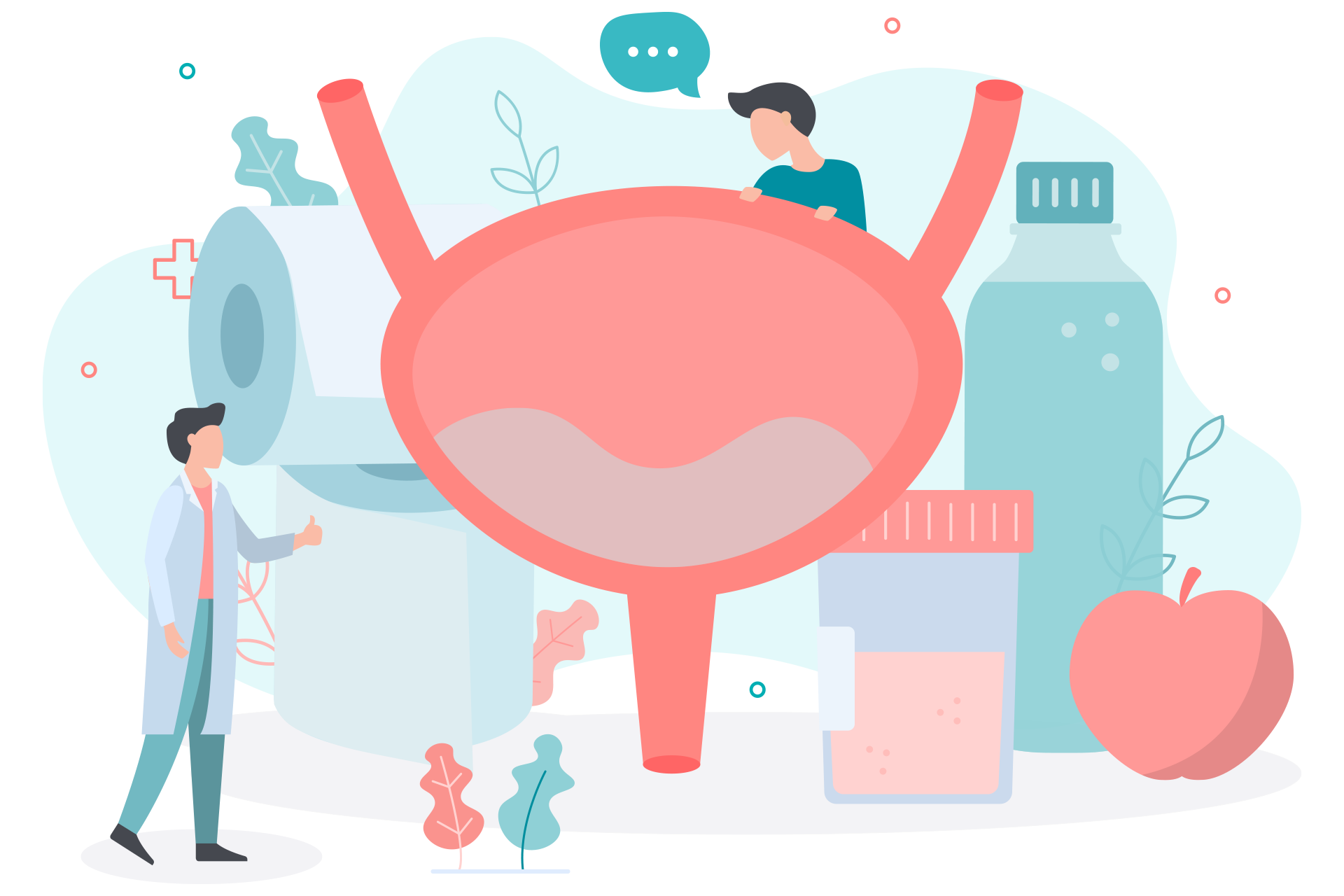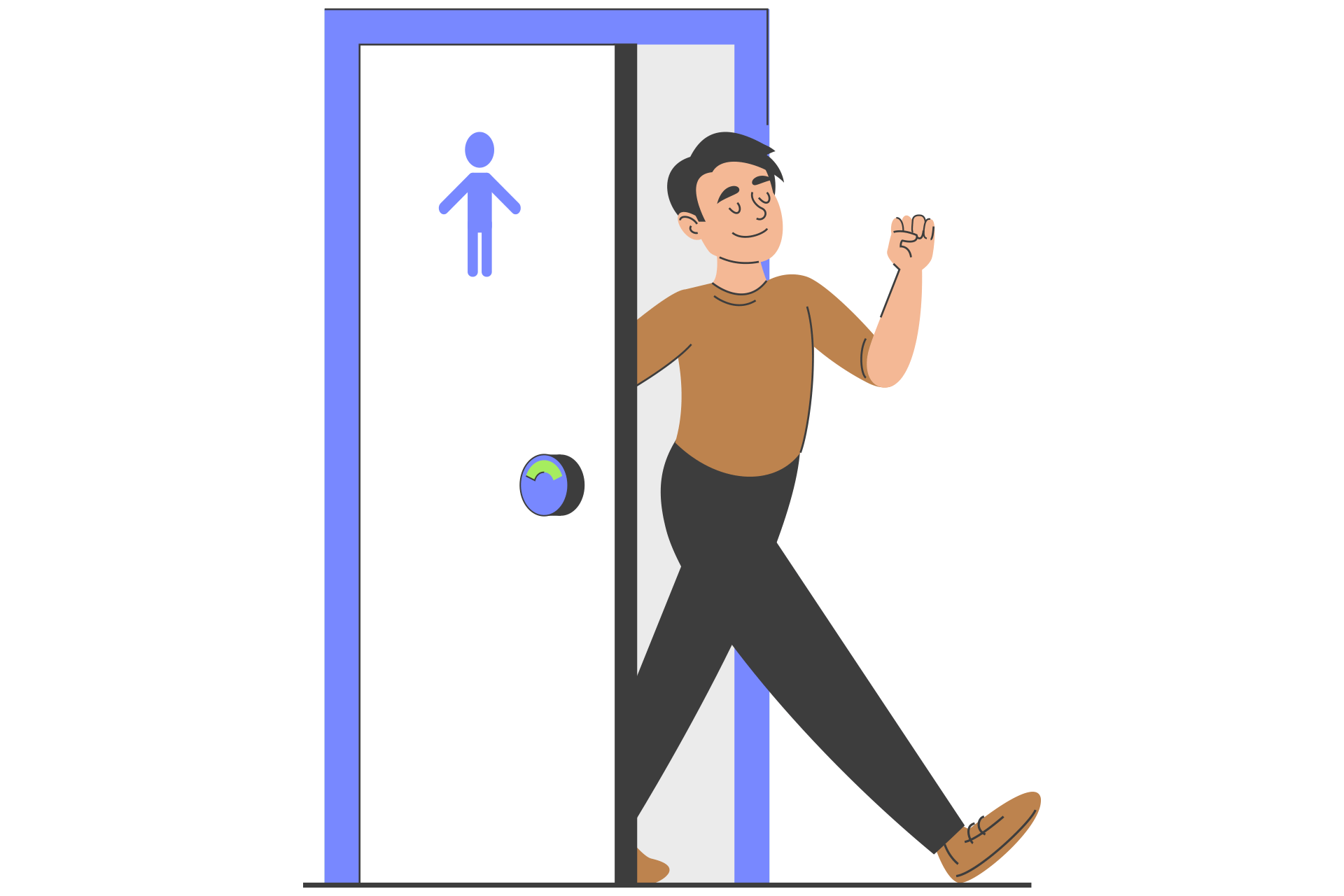November marks National Bladder Health Awareness Month, a time to focus on the importance of bladder health, raise awareness, and encourage those with bladder conditions to seek the support and treatment they need. The bladder is vital in our daily lives, but for millions of Americans, incontinence, overactive bladder (OAB), and other related conditions can significantly impact their quality of life. Despite how common these problems are, they often go unaddressed due to social stigma or the misconception that bladder problems are simply an inevitable part of aging. This month aims to change that by providing people with information, resources, and a sense of community.
The Prevalence of Bladder Health Issues
Bladder health issues are far more common than many realize. Overactive bladder affects around 33 million Americans, which translates to about one in ten people. When looking specifically at women, the numbers are even more concerning; studies suggest that up to 45% of women experience some form of urinary incontinence or bladder-related discomfort. While men are also affected by bladder issues, women tend to experience them more frequently due to anatomical and hormonal factors, as well as childbirth.
Yet, even with such a high prevalence, many people delay seeking treatment, often due to embarrassment or a lack of awareness about available resources. Bladder Health Awareness Month is an opportunity to break down these barriers, empowering people to prioritize their bladder health and pursue options for a better quality of life.
Recognizing Signs of Bladder Health Issues
Awareness begins with understanding the signs and symptoms of common bladder problems. Overactive bladder, for example, includes a sudden and frequent urge to urinate, often leading to accidental leakage (urge incontinence). People with OAB may also experience:
In addition to these symptoms, some patients may develop interstitial cystitis, a chronic condition causing bladder pain and pressure, or urinary incontinence, the unintentional loss of urine. Conditions like these can be physically uncomfortable and socially isolating, leading to anxiety about accidents or limitations on activities outside the home. Acknowledging these symptoms and seeking help when they arise can make a meaningful difference in managing bladder health.
The Emotional and Social Impact of Bladder Issues
Bladder health issues are more than just a physical inconvenience; they often carry an emotional toll. Many people find it difficult to discuss problems like urinary incontinence or frequent urination, fearing embarrassment or stigma. This reluctance can lead to social withdrawal, isolation, and sometimes mental health challenges such as anxiety and depression. National Bladder Health Awareness Month encourages open conversations about these issues, aiming to create an environment where individuals feel comfortable discussing their bladder health concerns without shame.
Organizations like the National Bladder Foundation are dedicated to breaking down these social barriers, offering education, resources, and support groups where people can share their experiences. By building a supportive community, we can help reduce the emotional burden associated with bladder health issues.
How to Keep Your Urinary System Healthy
Taking proactive steps to support bladder health can prevent or alleviate many common issues. Here are some tips for maintaining a healthy urinary system:
Treatment Options for Bladder Issues
Bladder health issues do not have to be a permanent source of discomfort. Depending on the condition, there are several treatment paths available:
Bladder health specialists, such as urologists or gynecologists, can provide tailored plans that address each patient’s unique needs and lifestyle.
Breaking the Silence on Bladder Health
National Bladder Health Awareness Month reminds us that bladder issues are common and manageable. This month should encourage everyone to proactively discuss bladder health, whether with a healthcare provider or a support network. Talking openly about bladder health can reduce the stigma, making it easier for patients to seek the help and resources they need.
If you or someone you know is dealing with bladder health concerns, remember that you are not alone. Resources like the National Bladder Foundation offer valuable support, and numerous treatment options are available. Bladder Health Awareness Month is a perfect chance to take the first step toward better bladder health, knowing that help, understanding, and solutions are within reach. By prioritizing bladder health and seeking timely medical advice, you can lead a more comfortable and confident life, free from the burden of bladder issues.
Call Signature 24/7 at 1 (800) 277-8291 for excellence in skilled and compassionate home health care.

Your Complete Home Health Care Solution!
ALWAYS ON CALL
| Monday – Sunday | 24 / 7 |
1 (800) 277-8291 (option 1)
COUNTIES SERVED
OUR VALUES
TESTIMONIALS

I love all of my home health people.

All Signature staff as well as therapy were very helpful.

Their services have always been great.

I really love my physical therapist. Gary has helped me so much.

This has been one of the best agencies. Very caring nurses.

I’ve had a really good physical therapist and really nice nurses.

I have had excellent care & would recommended them to anyone.

Gary Dixon is the very best physical therapist in Baytown and Houston Area.



